Most new start-up business owners generally face difficult challenges during their first five years in business. Research indicates that a majority of these business owners start their business without a well-defined business plan, inadequate working capital, and also a lack of managerial experience. Today, most small business owners are finding out the hard way that the old basic premise that all you need is an idea and a little cash is just a myth.
In terms of minimizing or avoiding a potential bail out situation depends on how bad things really are. The following factors must be considered before any major decision is made regarding staying on course or getting off at the next exit.
Contractual Obligations: You need to review all contracts to determine the cost to the business of getting out. Lease and franchise agreements can get complicated in the absence of buy-out clauses and, depending on how they are structured, could cause major financial burdens to the owner(s). Contracts with independent contractors, especially if they exist for specific joint projects, can result in long-term legal battles. It is, therefore, necessary to have good legal representation to address any legal issues that could possibly arise.
Current and Long-Term Liabilities: It is also important to review all loan terms and closing documents to assess repayment clause penalties and interest. If these obligations involve the personal properties of the owners or other outside parties, then you need to talk with your lender and individuals involved to ascertain options. Don’t wait until the very last minute to contact your lender. Lenders typically are more receptive if cash flow related problems are brought to their attention early. Tax obligations that involve the IRS and other tax collection agencies will have to be dealt with on a case-bycase basis in order to avoid business tax liens or business and personal property seizures. Typically, these tax agencies will work with you to satisfy the obligation. If these obligations involve the payment of employment taxes, remember bankruptcy will not relieve you of this obligation. Hire a good CPA or tax accountant and give them the power of attorney to deal with all issues and correspondence.
Cash Flow Management: There are usually several key indicators associated with a business experiencing cash flow problems. These indicators usually stem from a business’s inability to meet payroll every Friday, when the owner(s) continues to invest personal monies into the business, or when vendors change their payment terms from Net 30 days to COD. It is important that you develop, with the help of a financial or business consultant, a short-term cash flow plan which may include possible renegotiations with vendors and cost reduction strategies that will not negatively impact operations. It starts with having a reliable accounting system since it may be difficult to ascertain the business’s financial status or the true value of the business without proper recordkeeping.
Management: When you have to make critical decisions relating to employees, ensure that all employee-related issues have been addressed in line with company policies and procedures. It is also important to let employees know first hand about the current business situation, but also give them ample time to look for new jobs if necessary. Review all retirement plans or other compensation packages and make sure that all payments have been paid to the appropriate agencies. If you plan to layoff employees, for example, be assured that most of them, if not all, will most likely file for unemployment; therefore, make sure that all federal and state unemployment taxes are paid to date.
Conclusion: It is important that you assemble your “disaster team” which should consist of at least three business professionals such as an accountant, attorney, and business consultant to guide you through the process. Make sure that the timing is right in order to proceed with your final decision because timing is everything. These factors, if considered, should minimize your chances of going under; therefore, it is important to have a contingency plan in place even if you made the common mistakes earlier. It is also critical that you PLAN, PLAN, AND PLAN.
(Source: Robert Andoh)


